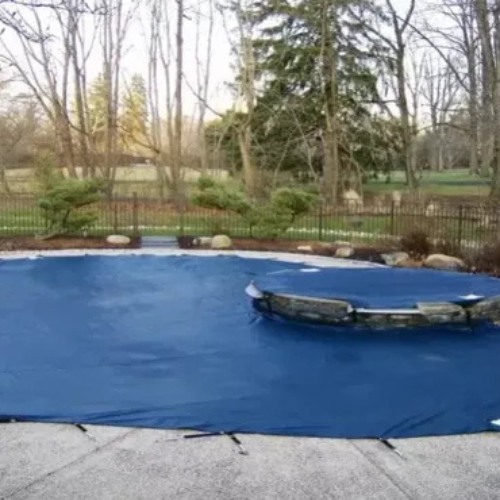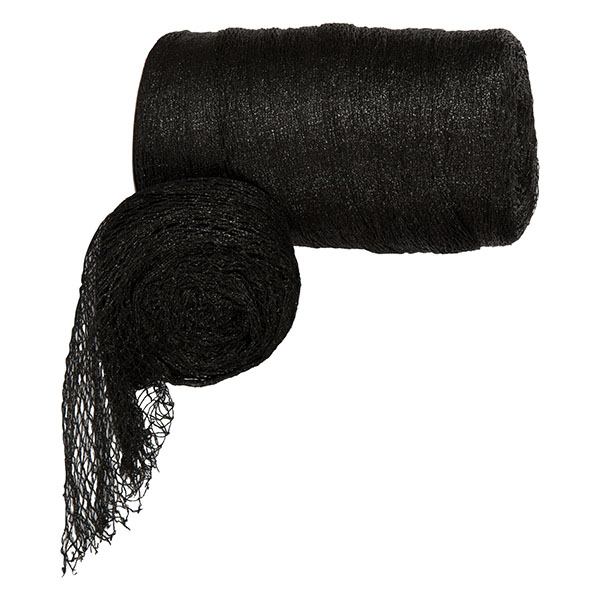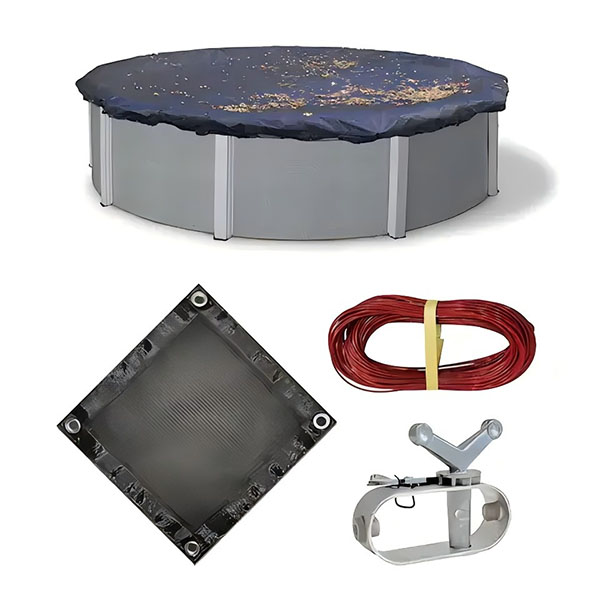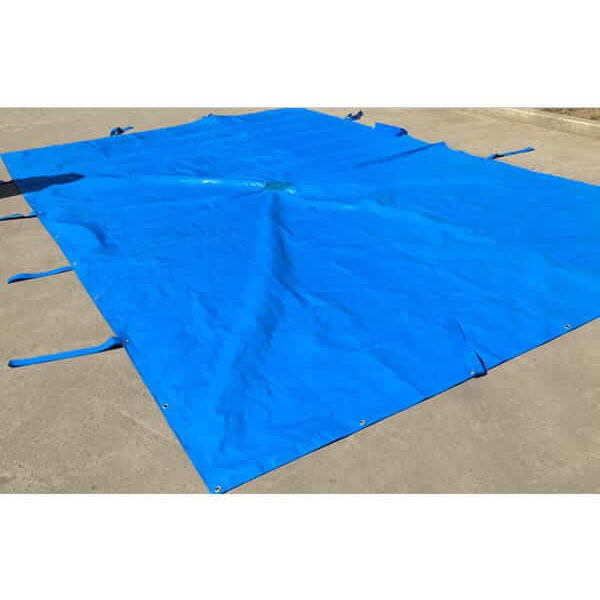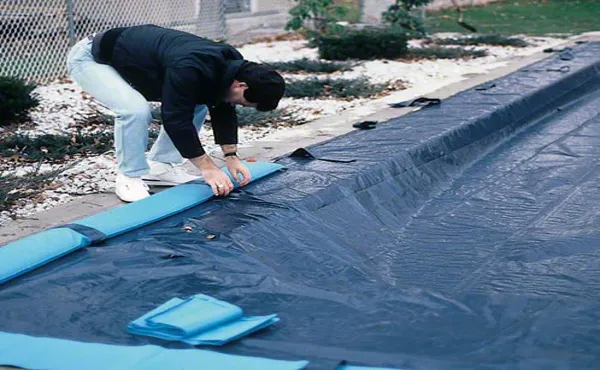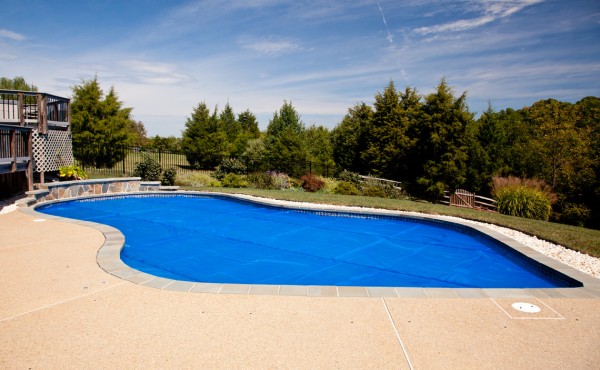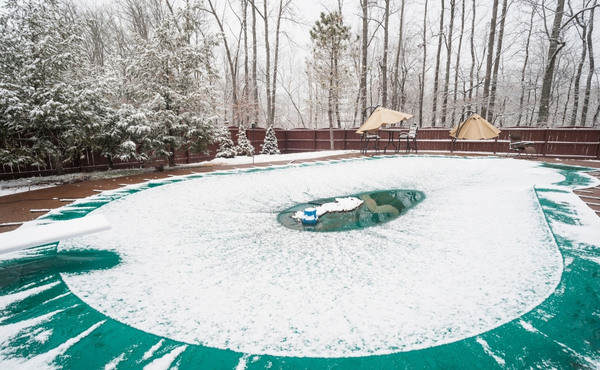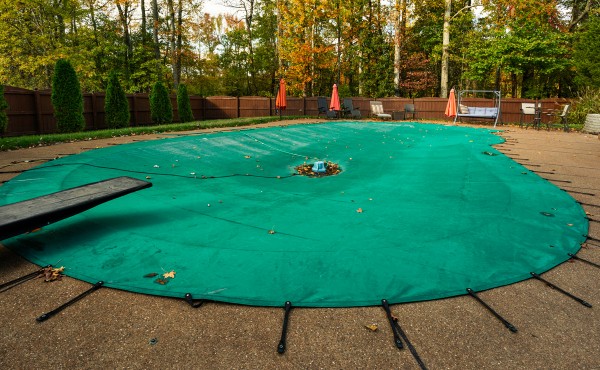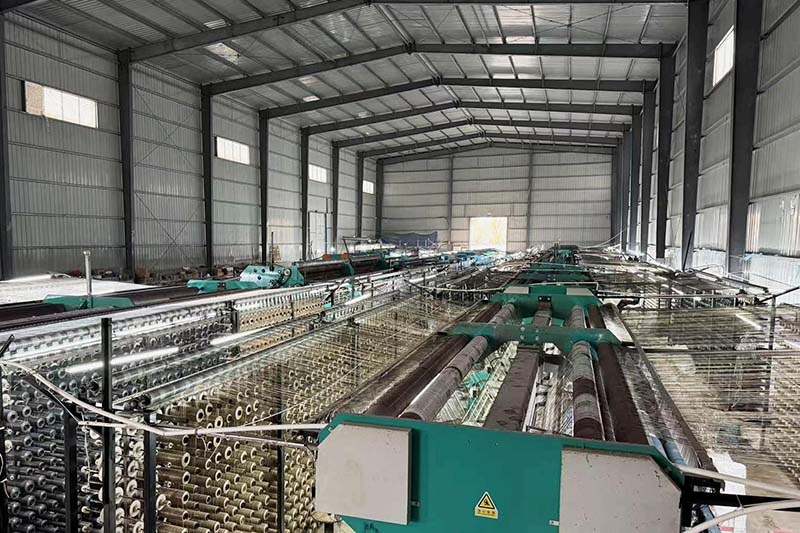Benefits of Using Pool Covers
- Energy Savings – Pool covers trap heat in the water, reducing the need to constantly heat your pool. This can lower energy bills significantly, especially for heated pools, and keeps the water at a comfortable temperature longer.
-
Reduced Water Evaporation – By forming a barrier between water and air, pool covers dramatically cut down evaporation. This saves water and prevents frequent refilling, which is especially important in areas with water restrictions.
-
Cleaner Water – Covers prevent leaves, dirt, pollen, and other debris from entering the pool. This reduces the need for constant cleaning and keeps the water clear and inviting. It also decreases strain on filtration systems.
-
Enhanced Safety – Safety pool covers are strong enough to prevent accidental falls. They are particularly useful in households with children or pets, providing peace of mind and reducing liability risks.
-
Chemical Savings – By keeping debris and sunlight out, pool covers slow down chemical breakdown. This means fewer chlorine and other chemical treatments are needed, saving money and reducing exposure to harsh chemicals.
-
Extended Pool Life – Covers protect the pool’s surfaces, tiles, and equipment from UV damage, harsh weather, and contaminants. This prolongs the life of your pool and reduces costly repairs or replacements over time.
-
Eco-Friendly Choice – Pool covers help conserve water, reduce energy consumption, and limit chemical usage. Choosing a durable, recyclable cover further supports sustainability and environmentally conscious pool management.
-
Temperature Retention for Year-Round Use – By maintaining heat, pool covers allow for more extended swimming seasons, even in cooler climates, without extra energy expenditure.
FAQs
1. What type of pool cover is best?
The best type of pool cover depends on your needs. There are five common types: mesh, solid, automatic, solar, and water bag covers.
- Mesh covers let water drain through but keep debris out; they are lightweight and fit many pool shapes.
- Solid covers block sunlight and debris completely, reducing algae, but need to be custom-fit and are heavier.
- Automatic covers are convenient but costly.
- Solar covers help warm your pool but don’t provide safety.
For safety, debris protection, and durability, many recommend mesh or solid safety covers depending on preference and climate.
2. Is it better to keep a pool covered or uncovered?
Yes, it’s better to keep your pool covered when not in use.
Covering a pool keeps dirt, leaves, and debris out, reducing cleaning time. It also prevents evaporation, saving water, and helps maintain pool temperature, reducing heating costs. Covering your pool enhances safety, preventing accidental falls or drownings.
Leaving a pool uncovered exposes it to harsh sunlight, contaminants, and temperature drops, which can increase maintenance work and chemical use.
3. What’s the best thickness for a pool cover?
The best thickness for a pool cover varies by type and purpose. Safety covers usually range from 4 to 10 mils thick. Thicker covers are more durable and longer-lasting but can be harder to handle. Choosing a cover thickness depends on balancing durability with ease of use and storage.
4. How many years should a pool cover last?
A good-quality pool cover normally lasts about 7 to 15 years. Proper installation, regular maintenance, and covering or removing the cover during harsh weather can extend its lifespan. Choosing a durable brand also helps ensure your cover lasts longer.
5. Is a mesh or solid pool cover better?
Mesh covers allow rain and melted snow to drain through, preventing water build-up on top and making maintenance easier. They keep debris out but allow some sunlight in, which can cause algae growth.
Solid covers block all sunlight and debris, stopping algae but may accumulate standing water that needs removal. Solid covers are heavier and less flexible, while mesh covers are lighter and easier to handle.
Your choice depends on whether you prefer easier maintenance (mesh) or better algae control (solid).
6. Does water go through a mesh pool cover?
Yes, water does go through mesh pool covers.
These covers are made with tiny holes that let rain and melted snow pass through while blocking leaves and larger debris. This prevents the dangerous collection of standing water on top of the cover, reducing weight and the need for pumping off water.
Because water can drain through, mesh covers require less maintenance compared to solid covers, which collect water and need to be manually emptied.

